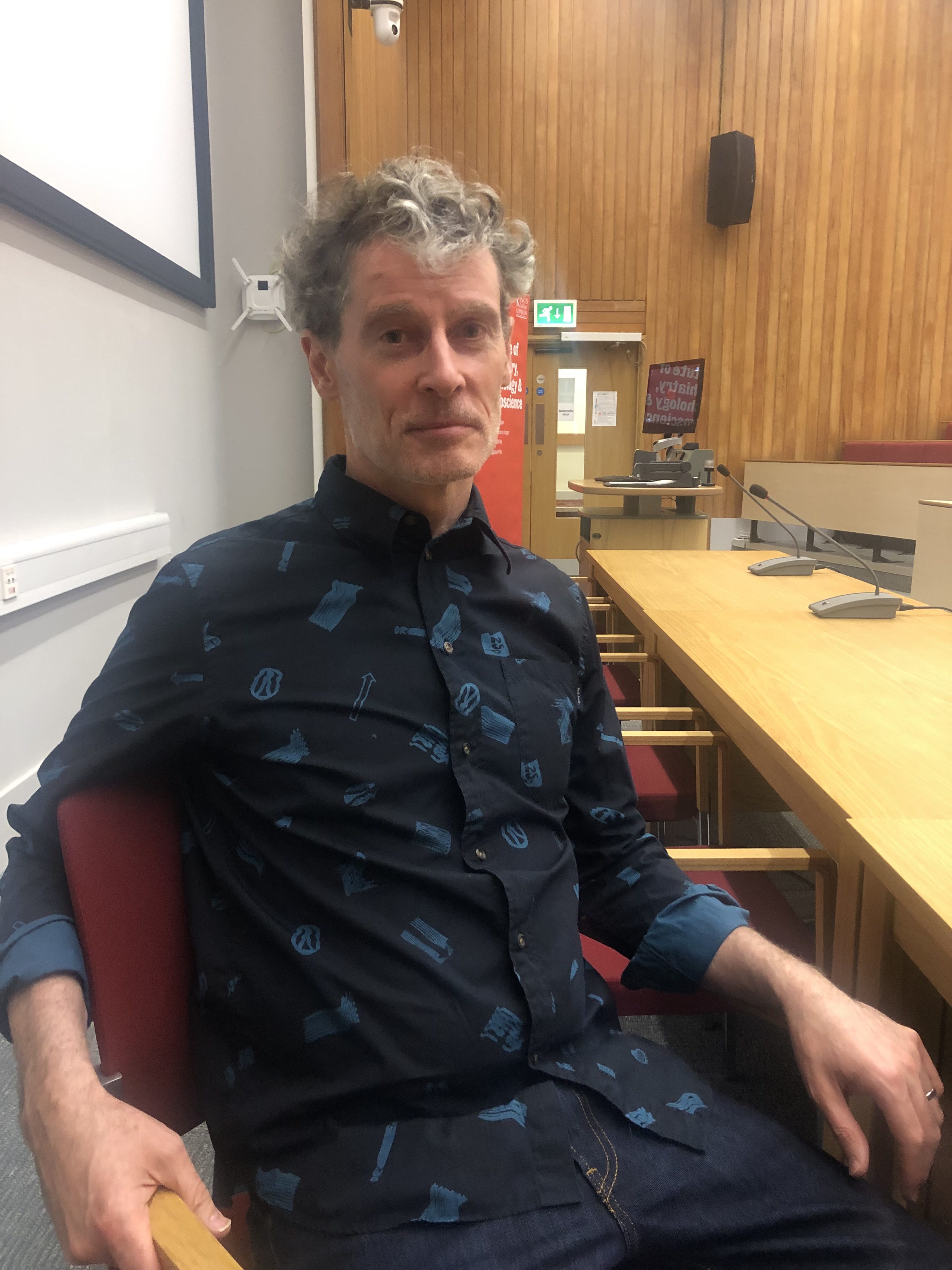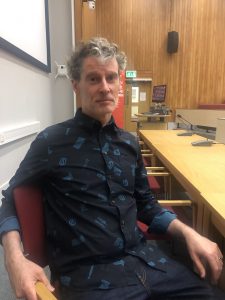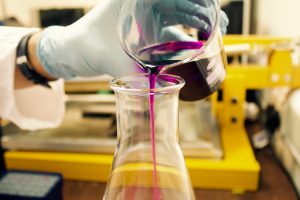
I sat down with Dr. Eamonn Walsh, a Senior Lecturer and the Programme Lead for MSc Neuroscience at King’s College London, to acquire a deeper understanding of what makes the course special. Eamonn has produced many high quality publications throughout his incredible career, such as ‘Brain mechanisms for loss of awareness of thought and movement’ and ‘Voluntary control of a phantom limb’. You can find Eamonn’s other publications here.
What was the deciding factor in choosing to lecture and lead at King’s?
I think my life kind of lead up to it, in terms of the training I’d received. I did a PhD at UCL and went on to do post-doc work, and then I worked at Birkbeck college where I ran a course similar to this one, but on a smaller scale. So, I suppose my interests, what I enjoy doing, what I felt I was good at and my experience all lead to this position. The King’s MSc Neuroscience course is 30 years old this year, and we think it’s the first Neuroscience MSc in the UK.
That’s amazing!
It is amazing, and it’s great to have the opportunity to be part of a team that helps keep the flame burning!
What is your favourite aspect of being the course lead for the Neuroscience MSc at King’s?
Definitely working with students, staff and so many different people. The aim of the course is to train students for the future, whatever future they might select; to be a part of that is definitely an enjoyable aspect. This could be at a group level but also working with students on projects! So, at the moment I’m working with two students on projects, and it’s very rewarding.
When you took part as a student 2 years ago, alongside the full-time cohort, to understand what it’s like to be a student on the course, what were the most enjoyable and most difficult parts?
The most enjoyable part of the A Modules is certainly learning again. I naturally like learning, that’s one of the things I like about this job, I’m always learning. I liked the broad number of lecturers who are research-active, and I very much enjoyed meeting new people. The hard part? My background is psychology, and I found some of the lectures very difficult – I would say it’s physically quite difficult to sit down for so long every day and receive the lectures! I think realising that is a great strength because now I’m course leader and I know what it’s like to be a student; I think that’s important.
Do you have any advice for prospective IoPPN students?
Coming to do an MSc in Neuroscience at King’s, or anywhere, is quite a big step. You’re dedicating one year of your life or more, a lot of time, perhaps a lot of money as well on different fees and accommodation, so I think do choose carefully. But I think it’s also useful that there’s usually kind of built-in guarantees: King’s college is a top university and the MSc in Neuroscience is quite proven over the 30 years. My advice would be to come in with an open mind, have no strong fixed ideas because on the course you’ll receive a broad range of lectures, assessments and training. You’ll have optional modules to choose from and do not worry too much about ‘am I picking the right module?’ because all of them are good, and no matter which one you choose, you’ll learn a lot and hopefully have a very good experience.
That’s great advice!
What kind of careers do students with a Neuroscience MSc go on to?
Typically, students remain in academia; they’re trained and prepared for that on the course so they may go on to do PhDs and Post-docs and eventually run their own labs, not only at King’s but across the whole world! Many students go on to work in biomedical industries, scientific writing and other areas. We think that no matter which area you choose, the MSc Neuroscience will prepare you for that. I think it’s true to say that we don’t know where many of our students go, due to the international nature of the course; this year we’ve got 29 nationalities, and some of these students will return to their home countries on the far side of the world. We’re not sure what they’re doing but we hope that they’re successful, and acting as ambassadors for King’s as well.
What does the future look like for the course?
That’s a very difficult question! So, if we look at the last 30 years, it’s changed a lot. It started off with six students in 1989 and it’s majorly transformed over the years. The students have changed too; the course has grown, it’s become more international. The technology has changed over the years, so we’ve got the invention of the iPad in 2010, and that changed everything! But, what remains the same is teaching and human contact. Going forward, it’s really hard to say; I think the technology might progress again, and that may play a more important role. I think the course of the future will be more flexible as well, so students will probably be able to tailor it more to their individual needs.
And finally, a more light-hearted question, how many sugars do you take in your tea?
I find that a very serious question. So, the last time I had a cup of tea, there was no sugar in it and the time before that, there was also no sugar in it. But that’s because there wasn’t any sugar available. I don’t plan on taking or adding sugar to my tea in the future, but I keep my options open as I think we should always be ready for change.



Good interview – very helpful insights.
Harry M.
Thank you Harry! Glad to hear it.